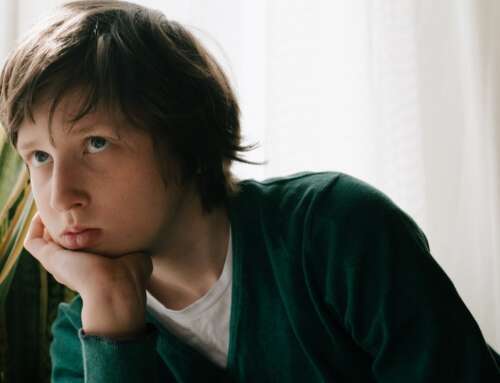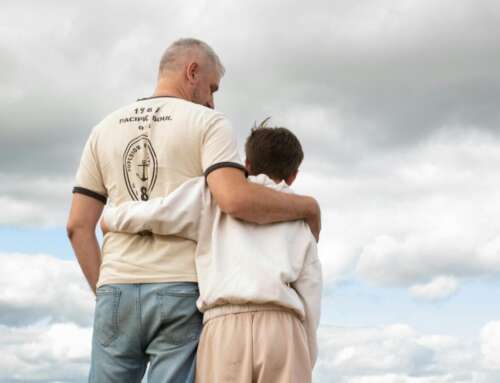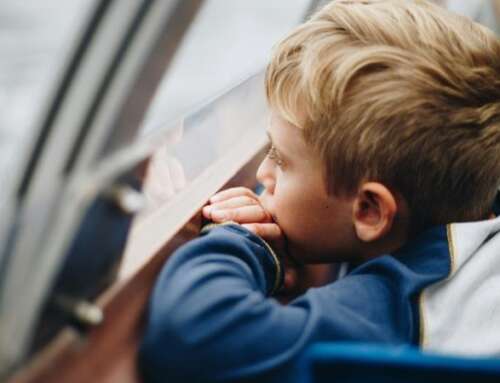The weak can never forgive. Forgiveness is the attribute of the strong. Gandhi.
A lot is written about youth angst and displays of aggression, however the tools needed to help them deal with anger, their own and other peoples, is not very often addressed. One of the most important aspects of empowering a child to deal with anger is to teach them to forgive and manage their emotions. Being able to forgive also makes a child more resilient and helps them to balance their cognitive, emotional and social skills as they develop in to contributing members of society.
“New studies show that there are concrete and long-lasting benefits to forgiving, including reduced stress, improved physical health, and better relationships,” says Richard Fitzgibbons, M.D., a Philadelphia-area psychiatrist.
5 foundations of forgiveness
1. Name the transgression. Get the young person to name the experience they are feeling angry about and who or what they cannot forgive. Encourage them to speak to the person involved in a calm way and let them know that “you need to explain and acknowledge what has upset you so that the other person knows it made you feel bad and you can ask them not to do it again”.
2. Explore their Feelings. Teach children empathy so they are able to forgive, explain that sometimes people are aggressive and angry because they have suffered someone being aggressive to them and they don’t know how to express themselves in another way. Ask them “What might the other person be feeling?” Don’t let them get stuck not forgiving. There are usually ‘two side to the coin’ so encourage a young person to put things into perspective and also see the reasons behind why someone has been aggressive to them. This helps the process of forgiveness.
3. Ready to forgive. A child is ready to forgive when they don’t want to experience those feelings of anger, frustration, resentment or guilt anymore. Help bring them to this point by asking them “What do you gain by holding a grudge?” Feelings of anger keeps them backward looking, encourage them to be forward looking and move on by forgiving the person or themselves.
4. Let it all go. When they are ready to forgive explain to them that it must be genuine and heartfelt if they are to feel better and be able to move on. It must come from the heart and cannot be lip service. Don’t pressure the child, give them time to come round to feeling that they want to accept that someone has said sorry and they want to forgive from inside. Kids that know how to “really forgive” are more likely to successfully manage life’s experiences and are able to create a foundation of strength as well as self-love.
5. The way of the world. When young people become more aware of the world around them and see the struggles of others they find it easier to forgive. Help them to understand that there are people in the world who experience wrongs done to them every day. Forgiveness is an emotional process of clearing past hurts so you can be free to live your happiest life as an adult or child. Forgiving helps a child to become kind, compassionate and loving with the ability to see things from another person’s perspective and realise that staying angry at someone or something is ultimately hurtful only to themselves.
“Kids need to learn that it’s okay to be angry,” says Dr. Fitzgibbons, “but that staying angry for a long time can be harmful.”
Writer Helen Splarn. Editor Dr Ramesh Manocha.
Source: Pyschology Today. Kidsmatter







Leave A Comment